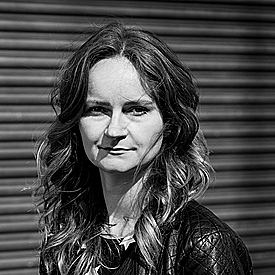Published on 18th Aug, 2018
France stands out among the world’s major democracies for the prominent role played by far-right populist parties in mainstream French politics for several decades. In contrast to most western democracies, where xenophobic nationalism and nativism existed only on the margins of politics, Front National (FN) - France’s main far-right political party - has been championing these sentiments in the country for many decades, and with growing success. Front National has significantly influenced a series of high-profile national debates about immigration, cultural integration, Islam and France’s response to the refugee crisis in Europe. The debate in France has also had reverberations across Europe, inspiring far-right populist movements in other countries.
This report provides insight into the appeal of populist sentiments relating to French identity, globalisation, immigration, refugees, and Islam. Its unique contribution is that it identifies five segments of the French population, who are distinguished by their differing attitudes towards these issues. By dividing the population in this way, it is possible to study the traits and trends within each segment and better understand what motivates and concerns individuals. In our view, this research portrays a more complete and nuanced picture of French public opinion than past reports, in particular, by highlighting the conflicted views of a majority of the population, which belong to one of the three ‘middle’ groups. In doing so, this research helps to explain why opinion polls can report views that appear to be contradictory.
This report is the first in a series of major country reports from More in Common, a not-for-profit organization incubated by Purpose Europe in 2017. It was commissioned in conjunction with the Social Change Initiative with generous funding provided by the Human Dignity Foundation. More in Common is working on understanding and responding to threats that divide communities and undermine open and democratic societies. This series of reports aims to provide deeper insights than have previously been available into attitudes towards national identity, immigrants, refugees and community. The reports make it possible to identify commonalities and differences among countries (starting with France and Germany, with reports forthcoming in 2018 for the United States, Netherlands, Italy, Sweden and Greece). In addition to providing insights, More in Common’s reports are intended to assist those who work to promote the values of openness and inclusion, to influence policy outcomes and to resist efforts to divide communities and marginalise newcomers such as refugees and immigrants.

%20(1).png)